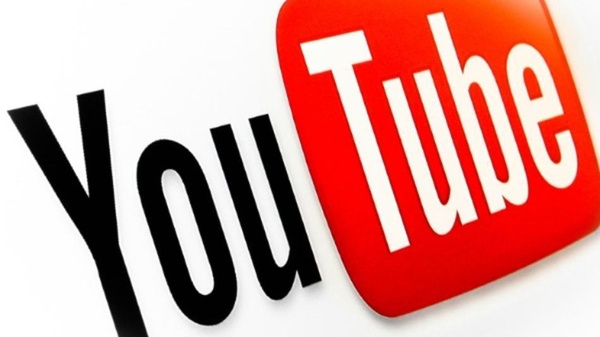
Kyncl went on to observe that this demonstrates that multiple platforms and models for monetizing music are coexisting and generating significant revenues for music companies.
He also hit an optimistic note about the growth in online advertising, at the expense of other forms of media, and what it means for generating revenue for music going forward.
$1 billion is a lot of money, but not enough according to the IFPI, which in response seemed to question even the validity of the claim.
"Google has today issued more unexplained numbers on what it claims YouTube pays the music industry," a spokesperson for the IFPI wrote.
Even if the figure is accurate, it still provides little reason to celebrate for the IFPI.
"With 800 million music users worldwide, YouTube is generating revenues of just over US$1 per user for the entire year. This pales in comparison to the revenue generated by other services, ranging from Apple to Deezer to Spotify," the IFPI responds.
"For example, in 2015 Spotify alone paid record labels some US$2 billion, equivalent to an estimated US$18 per user."
The IFPI's response ends with a statement that YouTube is not paying artists and producers anything like a "fair rate", and calls for legislative action to address the "value gap" that is denying rights holders a fair return.













